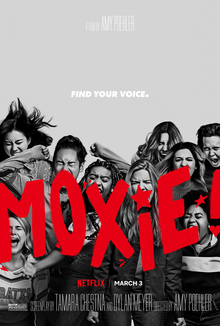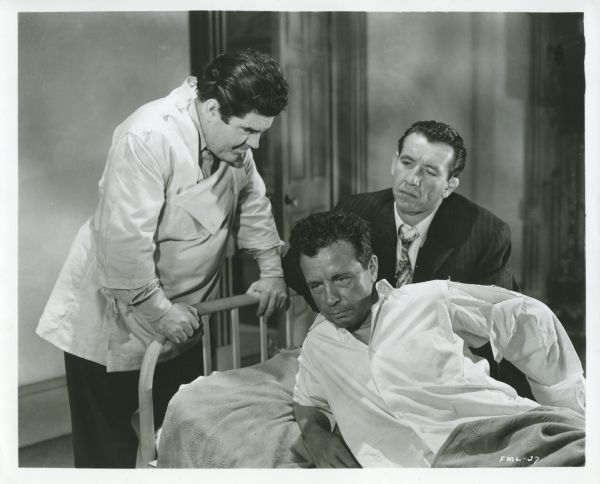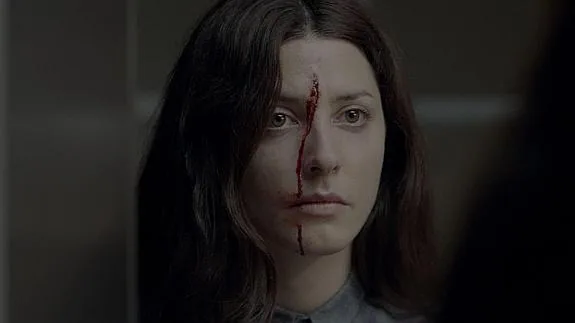 Blackmail
Blackmail, 1929
Alice White (Anny Ondra) is dating a Scotland Yard detective named Frank (John Longden). Unbeknownst to Frank, Alice has agreed to meet up with another man, known only as The Artist (Cyril Ritchard). When the Artist tries to rape Alice in his apartment, Alice defends herself and kills him. As she reels from what has just happened, a witness to the crime decides that this could be his chance to make some money . . .
This is one of those films that ends up being kind of frustrating because it does some things surprisingly well and then later fails to live up to the high bar it has set for itself.
To my mind, the best thing about the film was easily the long and tense encounter between Alice and the Artist. The two are at his apartment, flirting. He convinces her to put on one of the costumes worn by his models. Cool, cool, cool. But then he suddenly grabs her and kisses her and she wants to leave. Only when she goes to change, he takes away her clothing and tells her she must come and get it from him. For me, the most effective moment of this whole sequence comes when she realizes he has her dress. She is obscured from his view by a partition screen, but we can see her. She knows
immediately that this is a bad situation, and you can see in her face how trapped she feels. She's forced into that horrible choice: do you pretend like everything is fun and friendly in an attempt not to anger the person, or do you scream for help? By the time she does scream, the film cuts to a policeman walking by outside--and while we can hear her pleas, he remains oblivious and strolls on by.
Further, I appreciated that the film took time to show how much shock Alice is in after these events. In fact, she never really stops being in shock, and there's something really powerful about that. In many films, characters seem to mostly get over horribly traumatic events in the space of days or even hours. But even in the final frames of the film, Alice still has a horribly haunted look on her face. This is a woman for whom there is no happy ending--she has been sexually assaulted and has killed a person (we do not see the actual murder and so we do not know the degree to which she was aiming to kill or just trying to fend him off).
Something else that I liked was the way that you see how the entire film is just a series of men trying to control Alice and making key decisions about her life with little or no input from her: whether it's the Artist, her boyfriend, or the Blackmailer. There's a part where her boyfriend begins to do something and she explicitly tells him that she doesn't want to handle things that way, and he just straight up doesn't even hear her. It's interesting that, despite Alice being a character who is cheating on her boyfriend, she ends up being the moral center of the film. Her detective boyfriend's solution to the problem is to frame someone else for the murder, a thought that Alice cannot abide.
So what's not so great about this one? Well, once the whole blackmail plot actually kicks into action, the film kind of slows down. There are over-long sequences of the blackmailer and Frank negotiating with each other. While I liked the acknowledgement of the way that Alice is pushed aside, the other side of that coin is that the film would have been a lot more interesting if Alice was more of an active participant in the dealings with the blackmailer. In the final act she is largely reduced to a passive observer. And Frank just isn't an interesting enough character to carry the degree of intensity and intrigue that would have been essential to really make the final act hit home.
This film is, I gather, considered the first British "talkie", and there are some interesting uses made of sound. Probably the best is when Alice, in shock, is sitting at a table listening to a conversation about the murder. It's all very muted and indistinct, except for each time the speaker uses the word "knife".
This was better than I'd expected, but a limp third act doesn't live up to what came before.





















